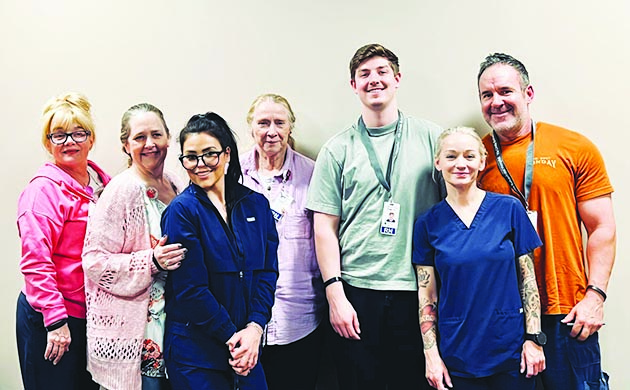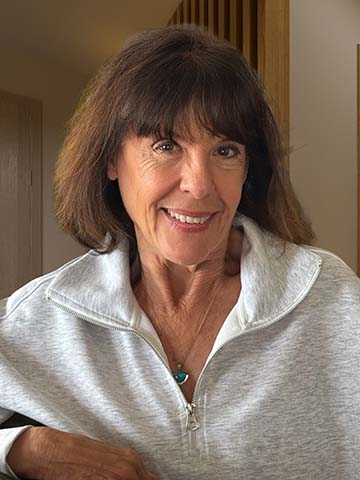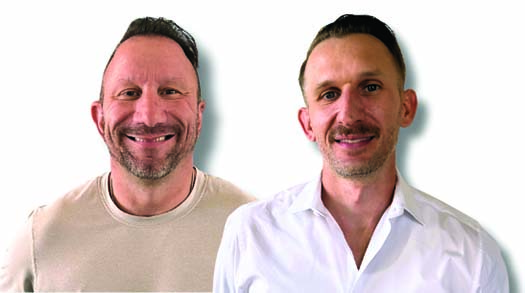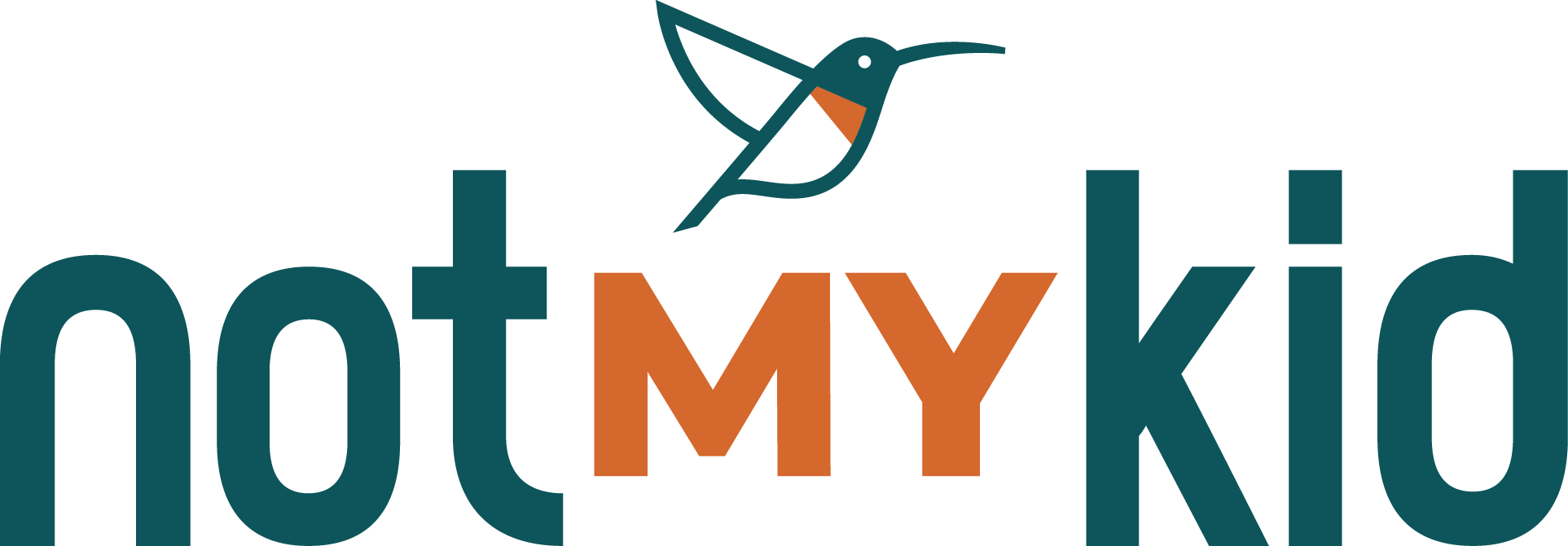By Tamara Luckett, MSW, LCSW, Clinical Director at Calvary Healing Center
T’was the night before Christmas and all through the house… the holiday season is upon us!
“Having gratitude for the path traveled, despite the pandemic, and giving and receiving love are ways to practice spiritual disciplines that foster resiliency.”
It is thought of as the time of year that families and friends come together to celebrate traditions, enjoy community, share food, and exchange gifts. It can be a glorious time of the year. However, for many, this is a time of high stress and exposure to people, places, and situations that bring about difficult emotions as well as opportunities, urges and cravings to use substances.
People may experience “triggers” for past traumatic events that have occurred during this season. Those who may be struggling with substance use and mental health issues can struggle even more with some of the challenges that arise during the holidays, especially with the increase in expectations that everyone and everything should be merry and bright.
How to celebrate this year?
In 2020, we are also facing decisions about how to celebrate the holidays during a pandemic, which can lead to self-isolation, exacerbated fear and anxiety, and a break-down in healthy ways to cope. There are helpful strategies that can be used when the holidays seem stressful, anxiety provoking, overwhelming or lead to an increase in substance use and addiction.
According to Mike Speakman, therapist at Calvary Healing Center, “Setting and maintaining boundaries is important for individuals and families to learn and practice.” There are certain times and situations when boundaries are harder to put into use. The holiday season is one of those times. If it is hard for you to say no or set limitations, chances are it will be much harder during this season when it comes to family and celebrating. If you or a loved one is struggling with mental health or using substances, setting a boundary around celebrating without the presence of alcohol or substances is good start. Mike states, “However, being clean and sober is not the same as having a recovery program.”
Families of an addicted loved one may need to set stronger boundaries and make the hard choice of whether to spend time with them or not, or may have to set limitations around time together and celebrating. For an addicted loved one, it may be practical to give gifts of something useful that cannot be readily turned into cash.
Mike recommends being honest with boundaries and limitations, even if they seem selfish. Share your thoughts and feelings with a trusted friend or counselor to help sort out what is most important to you about how to manage the holidays in a healthy and sober way. It is normal at times to not be sure of what you really want. This is especially true in emotional situations such as with family problems, addiction, and the holidays. Talking about a situation and hearing your thoughts out loud can help sort it out. Communicate with your family and those you care about why you have set boundaries and ask for their support. Know that it is okay to stay in touch with people that support you and to stay away from people that do not in order take good care of yourself.
Becoming aware of what triggers you
Be aware of your holiday triggers, so you can prepare yourself ahead of time with appropriate tools and skills. These triggers can be anything from memories of loved ones who have passed, financial constraints and the pressure of buying presents on a limited budget, hosting gatherings and parties, or how to connect with loved ones during the pandemic and remain safe. Living up to all the expectations during the holidays can be overwhelming. If you identify your triggers ahead of time, you can devise coping strategies to deal with them when they arise. For help with trauma that may be triggered during this season, seek therapy that utilizes therapeutic strategies, such as Trauma Releasing Exercise (TRE), or Eye Movement Desensitization and Reprogramming (EMDR) that can be helpful with addressing traumatic experiences.
Watch for expectations
Many people have expectations that everyone is happy during the holidays. The reality is that you do not have to be happy all the time just because it is a festive season. Allow yourself to feel what you are feeling. Share your feelings of loneliness, stress, sadness, anxiety, depression or thoughts of using substances with trusted people in your life. Acknowledge your feelings during this time with the understanding that it is not realistic to be happy all the time and that all feelings are valid.
Although the holidays can be a busy time of the year, make time for self-care, spiritual practice, good sleep and exercise. Stick with healthy habits. Just because it is the holiday season, do not abandon the things that you are already doing for your well-being. Engaging in yoga, outdoor recreation, music, art, reiki, acupuncture, aromatherapy, massage, and spending time with pets can reduce stress, enhance well-being and help to maintain sobriety. Practice gratitude and service. During the holidays, there are an abundance of opportunities to do so. Be grateful for what you have and offer support to those less fortunate, in whatever way you are able. If you have not incorporated these things into your life, consider these holiday gifts to yourself and start some of these practices.
Calvary Healing Center’s Spiritual Care Counselor, Scott Borgeson, shares the perspective that “For many, the God who sees and never changes arrives at Christmas time in joyous humility in the gift of a baby. It can be a time of wonder and awe along with spiritual renewal and rebirth.” He recommends anchoring ourselves in spiritual traditions to help mitigate the challenges we face in a year that has given us all unique trials. Sustaining spiritual wellness during the holidays involves staying physically healthy, taking time for reflection and inviting the God of our understanding into moments of challenge, opportunity and circumstance.
Having gratitude for the path travelled, despite the pandemic, and giving and receiving love are ways to practice spiritual disciplines that foster resiliency. In times of increased isolation, whether we seek sustenance from a spiritual community on Zoom or at in-person Twelve Step meetings, God’s currency of connection and peace during the holidays is abundantly available if we earnestly go after them with all our might and make them a priority in our hearts. “At Calvary Healing Center, we welcome all people right where they are on their journey of connection as they experience newfound peace with a God of their understanding”, says Scott.
If some of these strategies are not enough and you or someone you know needs additional help, Calvary Healing Center’s staff are uniquely prepared to assist individuals and families with determining the best level of care needed and providing detox, residential treatment, partial hospitalization and intensive outpatient programming that may be the help needed to change the direction toward healthier living and sobriety. Give yourself, or someone you know that may need help, the gift of well-being, healing and sobriety this holiday season.
Calvary Healing Center is available 24/7 to take your call and answer any questions about our full continuum of care. Our Admissions team can be reached at 602-264-1030 or visit www.calvarycenter.com
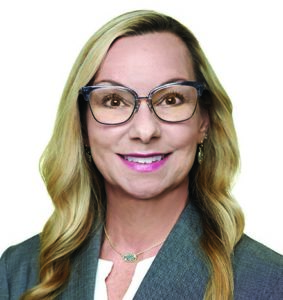
About Tamara Luckett, MSW, LCSW
Prior to her role at Calvary, Tamara served as Clinical Director for nearly 7 years at a psychiatric hospital here in Arizona. Throughout her professional career, Tamara has worked tirelessly to design and implement programming for at risk populations, and has repeatedly demonstrated a devotion to service. She continues to be an advocate for those struggling with mental health and substance use disorders, by providing the necessary treatment and resources to find sustainable recovery.
